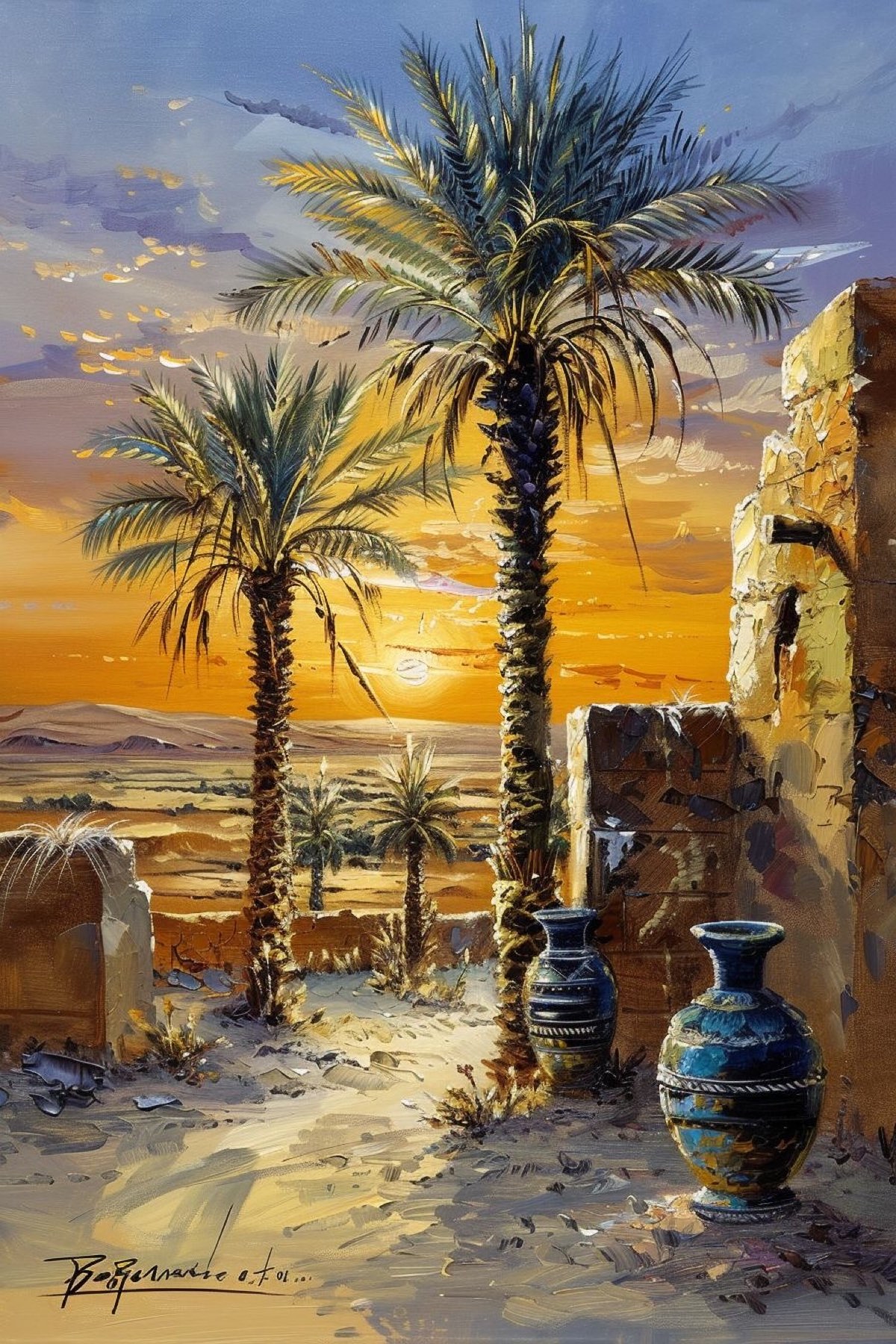Antiquity of Pre-Islamic Arab Traditions Versus the Torah
It is believed that pre-Islamic Arab traditions concerning Hagar, sacrifice of Ishmael, and circumcision predate the Torah given to the children of Israel. How is this argument articulated?
The argument that pre-Islamic Arab traditions concerning Hagar, the sacrifice of Ishmael, and circumcision predate the Torah given to the children of Israel is often articulated by examining historical, religious, and cultural contexts. Here's how this argument is typically laid out:
1. Historical Context: Proponents of this argument suggest that the Arabian Peninsula had its own religious and cultural traditions long before the advent of Islam. These traditions were oral and transmitted through generations, which could predate the written texts of the Torah.
2. Hagar and Ishmael: In the Islamic tradition, Hagar and Ishmael are considered important figures. Hagar, a maidservant of Sarah (Abraham’s wife), and her son Ishmael were sent away to the desert. This narrative is similar but not identical to the one found in the Torah. The significance of Hagar and Ishmael in Arab tradition suggests that their story was well-established among Arabs before the advent of Islam and possibly before the Torah was written.
3. Sacrifice of Ishmael: Islamic tradition holds that Abraham was commanded to sacrifice his son Ishmael, not Isaac as in the Torah. This narrative is central to the Islamic festival of Eid al-Adha. The belief is that this tradition was already present among Arabs and was later formalized in Islamic texts. The argument is that since this tradition is integral to Arab culture and predates the Quran, it could also predate the Torah.
4. Circumcision: Circumcision is a practice shared by both Jewish and Islamic traditions. In Islam, it is considered a practice that predates the Quran, suggesting it was already a well-established ritual among pre-Islamic Arabs. The continuity of this practice in Arab culture supports the argument that it was part of their tradition before the Torah was given.
5. Cultural Transmission: The argument includes the idea that cultural and religious practices can be transmitted and preserved orally for generations. The Arabs, being a largely oral society, would have maintained their traditions independently of written texts. This oral transmission is posited to have preserved these traditions from a time predating the written Torah.
6. Comparative Religious Studies: Scholars who support this view often compare religious texts and traditions. They argue that similarities between the Jewish and Arab narratives do not necessarily indicate borrowing from the Torah but rather point to a shared or parallel development of traditions.
In summary, the argument is that these traditions were part of the pre-Islamic Arab cultural and religious fabric, transmitted orally over generations, and thus could predate the written accounts of the Torah. This perspective emphasizes the antiquity and independence of Arab traditions in relation to Jewish scripture.

